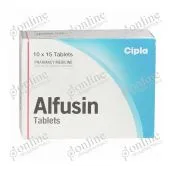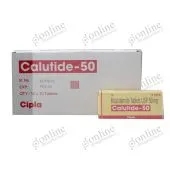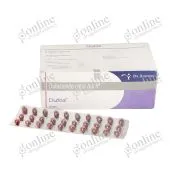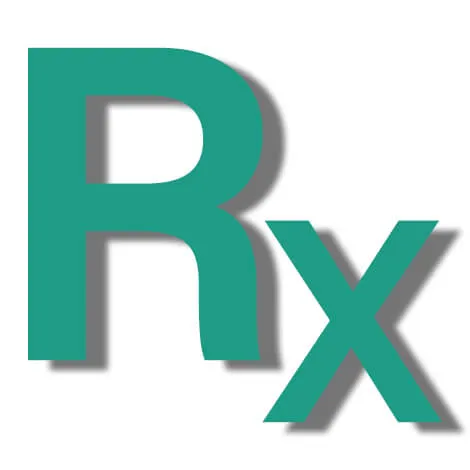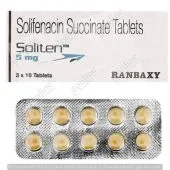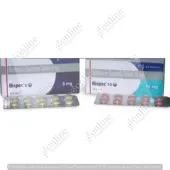Bladder Prostate

The prostate is situated in front of the rectum, directly below the bladder. It encircles the urethra and is about the size of a walnut (the tube that empties urine from the bladder). It generates a fluid that also contributes to semen. The prostate tends to get bigger as a man gets older.
The increase in the number of cells (Hyperplasia) results in the growth of the prostate organ.
The exact medical reason for this increase is still unknown....
Various factors may be involved in this process, such as Androgens (male hormones), Estrogens, growth factors, and other cell signaling pathways (cell-to-cell communication).
Enlarged prostate medications help to treat BPH.
Signs of Enlarged Prostate
Symptoms of an enlarged prostate disorder can include:
- A weak or slow urinary stream
- A feeling of incomplete bladder emptying
- Difficulty starting urination
- Frequent urination
- Urgency to urinate
- Getting up frequently at night to urinate
- A urinary stream that starts and stops
- Straining to urinate
- Continued dribbling of urine
Prevention
It is formally known that there are no ways to prevent Benign Prostatic Hyperplasia. However, you can get yourself treated if you are aware of its symptoms and see a doctor early.
Other than this, the following things can help you as well-
- Go to the bathroom to urinate, even when you don't feel the urge
- Avoid over-the-counter Decongestants or Antihistamine medications, which can make it difficult for the bladder to empty
- Avoid alcohol and caffeine, especially in the hours after dinner
Reduce your stress level, as nervousness can increase the frequency of urination - Exercise regularly, as a lack of exercise can aggravate your symptoms
- Try Kegel exercises to strengthen your pelvic muscles
Treatment of Bladder Prostate
Enlarged Prostate Treatment
- Alpha-blockers: These medicines relax the muscles around the urethra in men with symptoms of an enlarged prostate. Urine then flows more freely
- 5-alpha-reductase inhibitors: Pills containing five alpha-reductase inhibitors help reduce a particular form of testosterone.
- Surgery for an enlarged prostate: Doctors often recommend surgeries to remove a portion of the prostate gland in order to treat an enlarged prostate. This prostate resection will enhance the urethra's ability to carry urine from the bladder to the outside of your body.
Common Alpha Blocker side effects may include:
- Dizziness, drowsiness, tiredness
- Nausea, Diarrhea
- Headache, chest pain
- Abnormal ejaculation
- Back pain
- Blurred vision
- Tooth problems
- Fever, chills, body aches, flu symptoms;
- Runny or stuffy nose, Sinus pain, sore throat, cough;
- Sleep problems (Insomnia)
- Loss of interest in sex
Enlarged prostate medication
Some of the enlarged prostate medications are as follows:
Important things to know
- Consume lots of pumpkin and watermelon seeds
- Cornsilk is known to have proven beneficial against BPH
- Include fish in your diet, like tuna and salmon, containing beneficial omega three fatty acids
- Drink eight glasses of water per day
Conclusion
Benign Prostatic Hyperplasia or enlarged prostate is brought on by age, which may make it difficult to urinate.
It is not believed that Prostate Cancer develops before this kind of prostatic enlargement.
This makes the urine stream may be weak or intermittent with this disorder. It occasionally causes infections, stones in the bladder, and reduced kidney function.
The prostate can be treated with drugs that relax or reduce it, surgery, and minimal surgery.
